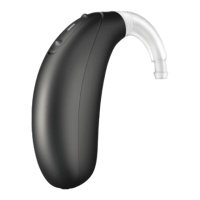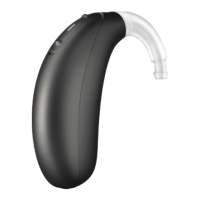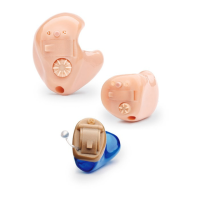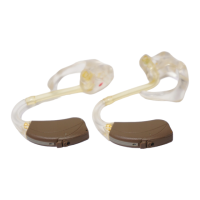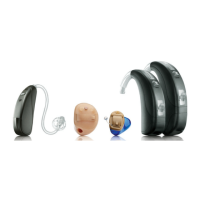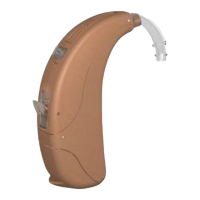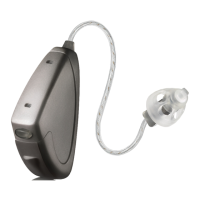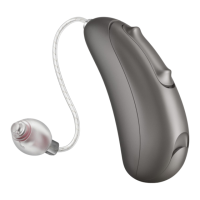38 39
The HCP may decide that a referral is not
appropriate or in the best interests of the
patient when the following applies:
• When there is sucient evidence that
the condition has been fully investigated
by a medical specialist and any possible
treatment has been provided;
• The condition has not worsened or
changed signicantly since the previous
investigation and / or treatment.
If the patient has given their informed and
competent decision not to accept advice to seek
a medical opinion, it is permissible to proceed
to recommend appropriate hearing aid systems
subject to the following considerations:
• The recommendation will not have any
adverse eects on the patients health or
general well being;
• The records conrm that all necessary
considerations about the patient’s best
interests have been made
If legally required, the patient has signed a
disclaimer to conrm that the referral advice
has not been accepted and that it is an
informed decision.
Clinical benet:
Improvement of speech understanding
Side eects:
Physiological side-eects of hearing aids like
tinnitus, dizziness, wax build up, too much
pressure, sweating or moisture, blisters, itching
and/or rashes, plugged or fullness and their
consequences like headache and/ or ear pain,
may be resolved or reduced by your hearing
care professional. Conventional hearing aids
have the potential to expose patients to higher
levels of sound exposure, which might result in
threshold shis in the frequency range aected
by acoustic trauma.
